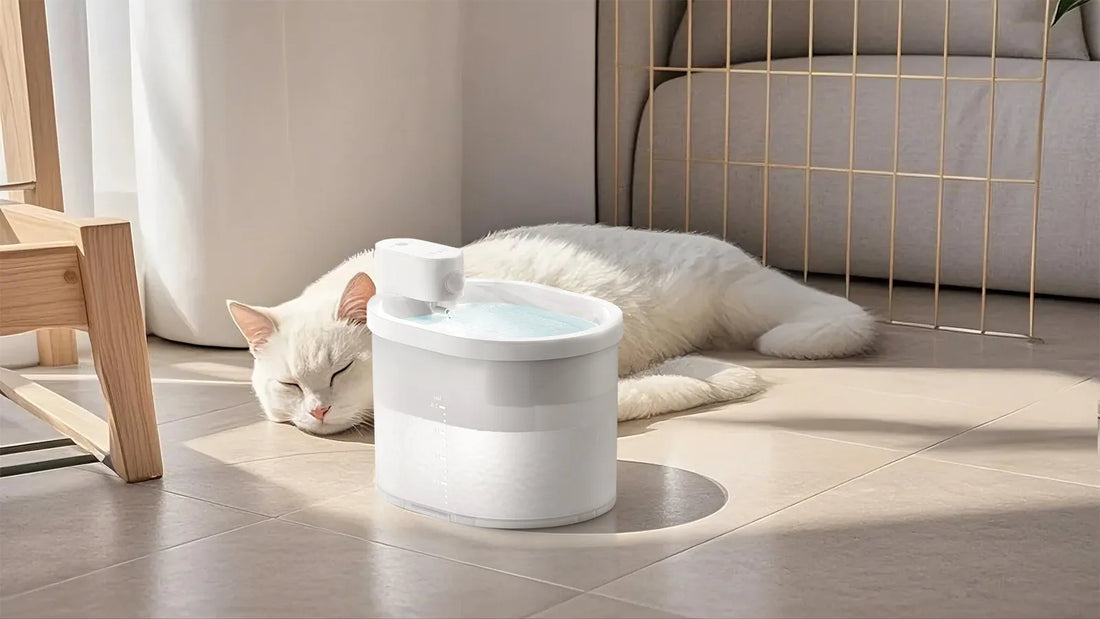If your dog is drinking too much water and vomiting, it’s natural to feel concerned. This behavior can indicate a range of underlying issues, from minor to severe. Understanding the causes, risks, and solutions is crucial for ensuring your furry friend’s health and well-being.
Why Is My Dog Drinking Too Much Water?
Excessive water consumption, also known as polydipsia, can be caused by various factors. Some dogs simply drink more water due to hot weather or increased physical activity. However, if your dog is drinking excessively without an obvious reason, it could be a sign of an underlying health problem.
Common Causes of Excessive Water Drinking
Several conditions can lead to polydipsia in dogs. These include diabetes, kidney disease, Cushing’s disease, and urinary tract infections. Additionally, certain medications or a high-sodium diet can also cause your dog to drink more water than usual.
Behavioral Factors
Sometimes, excessive drinking is behavioral rather than medical. Dogs may drink more water out of boredom, anxiety, or habit. If you’ve recently changed your dog’s routine or environment, this could be a contributing factor.
Why Is My Dog Vomiting After Drinking Water?
Vomiting after drinking water can be alarming. It often occurs when a dog drinks too quickly, causing their stomach to become overwhelmed. However, it can also be a symptom of a more serious condition.
Gastric Dilatation-Volvulus (GDV)
GDV, commonly known as bloat, is a life-threatening condition where the stomach fills with gas and twists. This can cause vomiting, especially after drinking water. GDV requires immediate veterinary attention.
Other Medical Conditions
Conditions like pancreatitis, liver disease, or gastrointestinal obstructions can also cause vomiting after drinking water. If your dog is vomiting frequently, it’s essential to consult a veterinarian.
Risks of Excessive Water Drinking and Vomiting
While occasional vomiting may not be a cause for concern, frequent episodes can lead to dehydration, electrolyte imbalances, and other complications. Excessive water drinking can also strain the kidneys and lead to water intoxication, a potentially fatal condition.
Water Intoxication
Water intoxication occurs when a dog drinks an excessive amount of water in a short period, diluting the sodium levels in their blood. This can lead to symptoms like vomiting, lethargy, and seizures.
Dehydration
Ironically, vomiting can lead to dehydration, even if your dog is drinking a lot of water. Dehydration can cause serious health issues, including organ failure, if not addressed promptly.
How to Address the Issue
If your dog is drinking too much water and vomiting, it’s important to take action. Start by monitoring their water intake and behavior. If the issue persists, consult a veterinarian for a thorough examination.
Monitor Water Intake
Keep track of how much water your dog is drinking daily. If you notice a sudden increase, it’s worth investigating further. Ensure your dog has access to fresh water but avoid overfilling their bowl.
Slow Down Drinking
If your dog drinks too quickly, consider using a slow-feed water bowl or providing smaller amounts of water at a time. This can help prevent vomiting and reduce the risk of bloat.
Dietary Adjustments
Review your dog’s diet to ensure it’s balanced and not too high in sodium. A high-quality diet can help regulate water intake and reduce the risk of vomiting.
Veterinary Consultation
If you suspect an underlying medical condition, seek veterinary advice. Your vet may recommend blood tests, urine analysis, or imaging to diagnose the issue and provide appropriate treatment.
Preventive Measures
Preventing excessive water drinking and vomiting involves a combination of monitoring, dietary management, and regular veterinary check-ups. By staying proactive, you can help ensure your dog’s long-term health.
Regular Check-Ups
Routine veterinary visits can help detect and address potential health issues before they become serious. Regular check-ups are especially important for senior dogs or those with chronic conditions.
Exercise and Mental Stimulation
Providing adequate exercise and mental stimulation can help reduce behavioral causes of excessive drinking. Engage your dog in activities that keep them physically and mentally active.
Hydration Management
Ensure your dog stays hydrated without overdoing it. Offer water regularly, especially after exercise or during hot weather, but avoid allowing them to drink excessively in one sitting.
If your dog is drinking too much water and vomiting, don’t ignore the signs. Early intervention can make all the difference in addressing the issue and ensuring your dog’s health. Stay vigilant, monitor their behavior, and consult your vet if needed to keep your furry friend happy and healthy.













